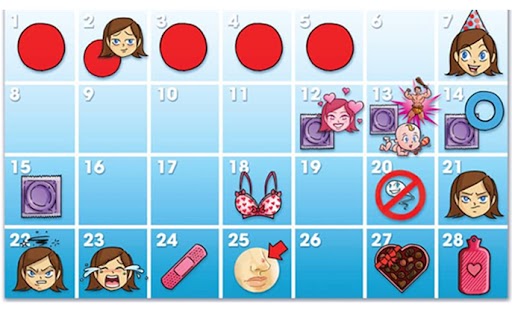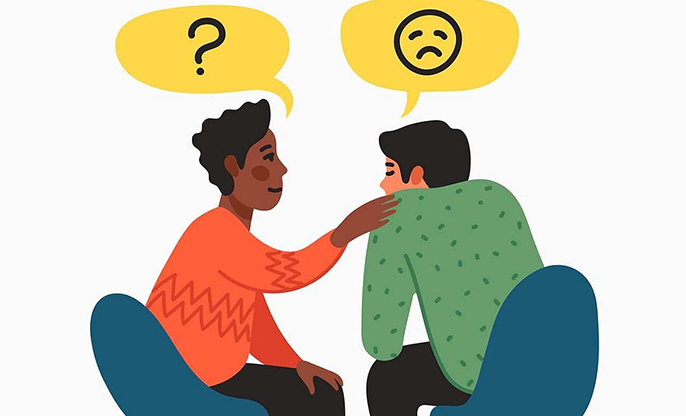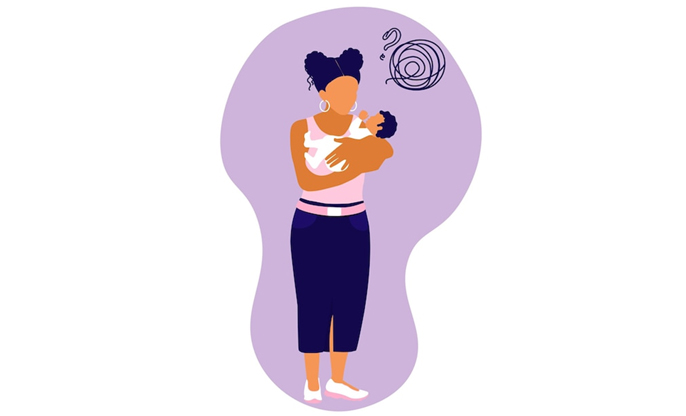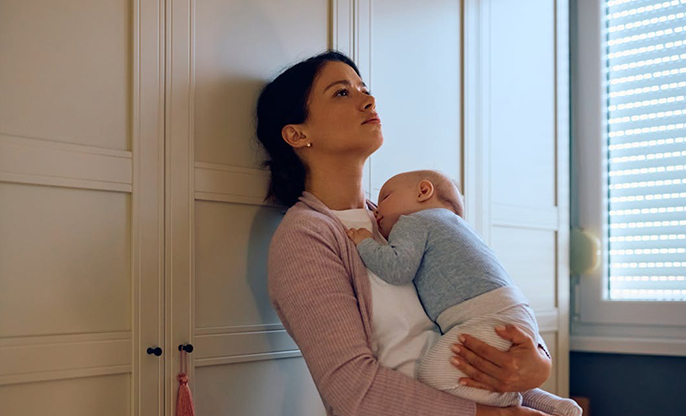
Perinatal loss - encompassing miscarriage, stillbirth, and neonatal death - is profoundly painful. It’s not just the unimaginable grief from losing our child; it's also the devastation of the hopes and dreams we had for our future together. Here, we delve into the emotional impact of this loss and share guidance on navigating the complex journey of grief that unfolds.
The Emotional
Impact of Perinatal Loss
The loss triggers an avalanche of emotions - deep sadness, a void, anger, and guilt. We often find ourselves desperately seeking answers, wondering what went wrong, sometimes casting blame on ourselves or each other unfairly. This period is clouded with confusion, and sadly, the answers we seek may remain elusive. Our grief is layered, touching every aspect of our lives, altering our existence.
Stages of Grief
in Perinatal Loss
Our grief might lead us through various stages, not
necessarily in order:
● Shock and Denial:
Initially, there’s disbelief. We feel numb, unable to accept the loss.
● Pain and Guilt: As the shock
fades, intense pain sets in, often mingled with guilt over what we might have
done differently.
● Anger and Bargaining:
Frustration might spark anger, leading us to bargain with whatever powers we
believe in for relief from our despair.
● Depression, Reflection, and Loneliness: We may
spend a lot of time reflecting, which can spiral into deep loneliness and
depression.
● The Upward Turn: Gradually, as we
adjust to life without our baby, we find moments of peace, and life starts to
feel more manageable.
● Reconstruction and Working Through: We
become more functional over time, finding ways to live and cope without our
baby.
● Acceptance and Hope: Accepting our loss doesn’t bring instant joy, but it does begin a path forward, allowing us to plan for a future, differently yet forwardly.
Coping Strategies
● Seek Support: Joining support
groups can provide solace and understanding, allowing us to share our stories
and hear others'.
● Professional Help: Therapy
can offer a safe space to express our feelings and start to make sense of our
grief.
● Memorialize Your Child: Creating
a memorial can provide a comforting way to remember and honor our child.
● Allow Time for Grief: Grief is
deeply personal. We give ourselves permission to fully experience it, at our
own pace, without pressure.
● Care for Your Relationships: Open communication with our partner is crucial. It’s essential we support each other, and consider couples counseling if the strain feels too much.
Perinatal loss is an excruciating journey, one that changes us forever. However, with the right support and by employing coping strategies, we can manage the pain and find a way towards healing. It’s okay to grieve the loss of our child and the future we envisioned. In time, and with support, we find new ways to move forward, carrying the love and memory of our child with us always.
















